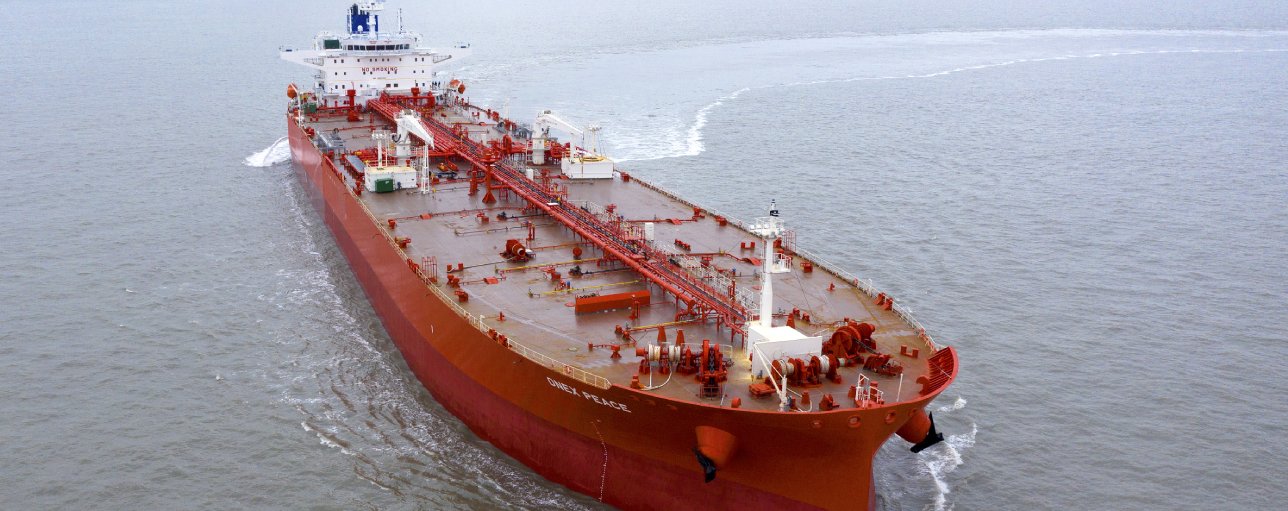The Office of the U.S. Trade Representative (USTR) has released its plannedport fees on Chinese-built or operated ships entering U.S. ports, to begin in 180 days, reports BBC News.
The fees are less severe than a plan floated by President Donald Trump in February, when he threated charges of up to $1.5 million for each American port they visit. Instead the fees, which will come into force October 14, will be based on cargo volumes. For bulk vessels, the fee will be based on the weight of their cargo, while the charge for container ships will depend on how many containers a vessel is carrying. For car carriers, it will depend on the number of vehicles onboard.
TheUSTR said in statement April 17that the move comes after a year-long investigation, which included USTR convening a two-day public hearing, receiving nearly 600 public comments, and consulting with government agency experts and USTR cleared advisors. The stated goal is to “restore American shipbuilding and address China’s unreasonable acts, policies, and practices to dominate the maritime, logistics, and shipbuilding sectors.”
“China has largely achieved its dominance goals, severely disadvantaging U.S. companies, workers, and the U.S. economy,” the USTR said. The actions “balance the need for action and the importance of limiting disruption for U.S. exporters,” the statement said.
Under the measures, Chinese ship owners and operators will initially be charged $50 per ton of cargo, rising by $30 a ton each year for the next three years. Fees on Chinese-built ships will start at $18 a ton or $120 per container and also rise over the next three years.
Non-U.S. built ships carrying cars will be charged $150 per vehicle.
The fee will be applied once per voyage on affected ships and not more than five times a year.
The USTR also decided not to impose fees based on how many Chinese-built ships are in a fleet, or based on prospective orders of Chinese ships, as it had originally proposed.
Empty vessels that arrive at U.S. ports to carry bulk exports like coal or grain are exempted.
Vessels that move goods between American ports as well as from those ports to Caribbean islands and U.S. territories are also exempted from rules, as are U.S. and Canadian ships that call at ports in the Great Lakes.
The USTR said a second phase of actions will begin in three years to favor U.S.-built ships carrying liquified natural gas (LNG). These restrictions will rise incrementally over the following 22 years.






